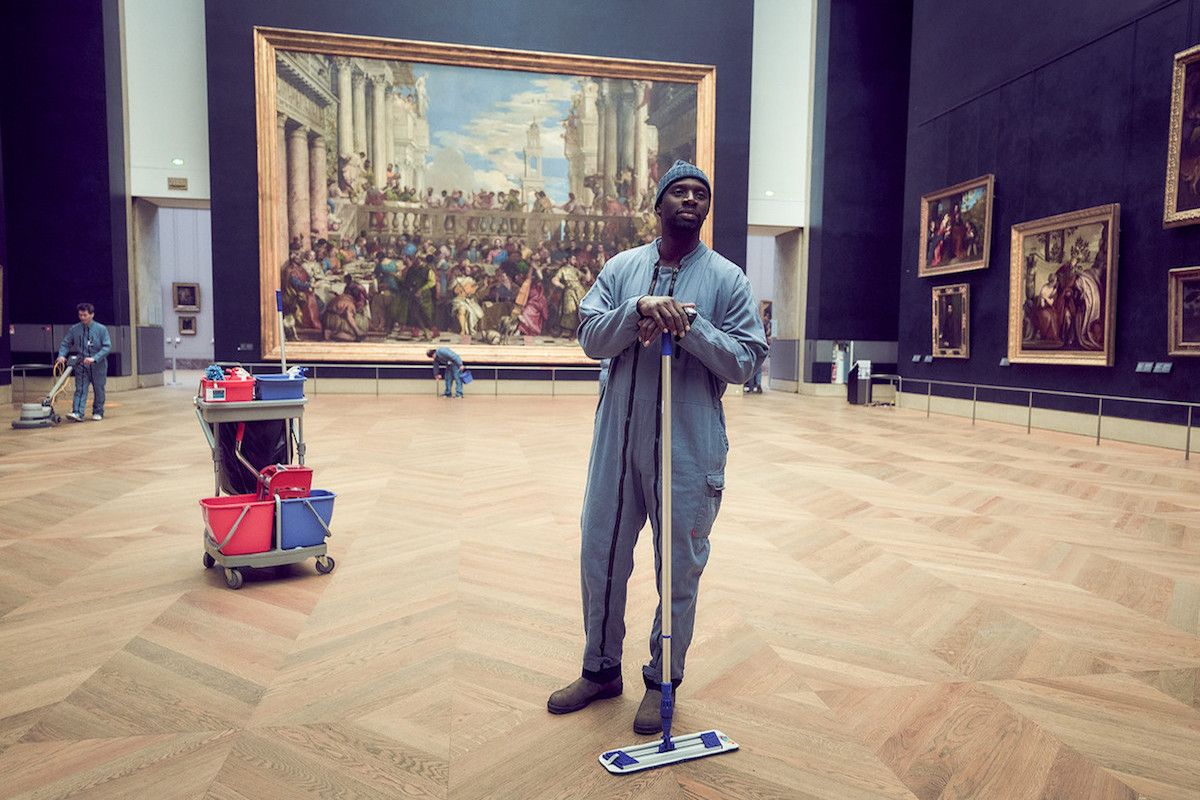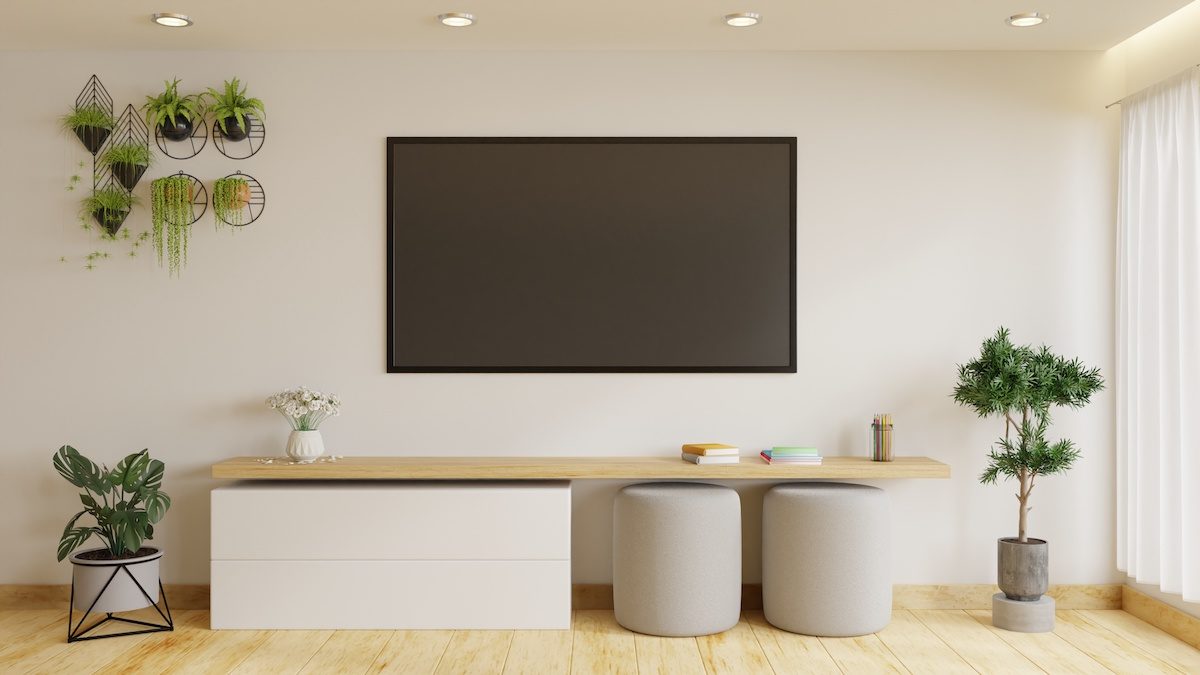Can Your Netflix Obsession Help You Learn a Different Language?

From the age of four to 10, I spent my childhood in the suburbs of Paris. It’s a fact I often like to dish out at dinner parties if you can remember them. “Go on then, give us some French?” comes a swift retort from down the table. I fumble my way through some rote phrases before the party gets bored and conversation moves on. Quel dommage.
Whatever learned fluency has been lost, you see, and like most Brits, I was arrogant and never thought I had to apply myself to learning anything but the English language. That was until I started watching Call My Agent and Lupin, two recent releases on streaming giant Netflix, both completely in French.
I’ve been hooked, not just on the charming characters and sleek Parisian backdrop. But the language. The rapidity of the phrasing, the languid vowel cramming, the purring uvular trill. It’s turned me onto the French language in a way I’d never experienced before. Duolingo has been downloaded and lessons have commenced, not out of necessity, but out of a previously undiscovered love of the language.
I’m not the only one who’s been sucked in. Mystery thriller Lupin is projected to reach 70 million households in its first 28 days, romping to a spot in Netflix UK’s top 10. Likewise, comedy series Call My Agent, now in its fourth and last season has become a sleeper hit over on these shores, the UK remake now in the works.
Language learning app Duolingo has also seen numbers sore, up 67 percent worldwide since 2019, with an increase of 132 percent here in the UK. French is the second most popular language to learn on the app. Spanish comes up trumps, perhaps a small consequence of Netflix’s previous international hit, Money Heist (of course, it’s also the second most spoken language after Chinese). But just how useful is watching Netflix when it comes to learning a new tongue? Can our TV binges really lead to coveted bilingual abilities?
Dubbed Vs. Subtitles
A survey by the European Commission on the use of subtitles to encourage language learning and improve mastery of foreign languages showed that those regions that use subtitles to make foreign-language TV shows and movies accessible, like Sweden and Denmark, have substantial benefits in terms of language learning when compared to countries that more regularly dub, like France or Germany.
In an article published on The Conversation, Professor of Applied Linguistics at Western University Stuart Webb recommends progressing from viewing episodes with first-language subtitles before watching with second-language subtitles and finally without subtitles, to truly test your levels of comprehension.
Ultimately TV is made to be enjoyed above all else, and Webb argues that this is perhaps why books and articles, which do not require instant understanding, are used more often in learning. But setting all your oeufs in one French basket might be the wrong approach. Ultimately, learning a language is a complex act and one that requires a 360 approach.
Binge-Watching Really Is The Key
Take a study from Victoria University of Wellington, for example, which found that a vocabulary size of 8000 to 9000-word families was necessary to understand newspapers and novels, a number that far outweighs what is reasonably possible through classroom time. Watching foreign-language TV then could be a crucial way of rounding out your vocabulary.
“If learners knew the most frequent 3,000-word families and then they watched at least an hour of television a day,” says Webb, “there is the potential for significant incidental vocabulary learning.”

Binge-watching then is actively encouraged and could be the key, with this constant exposure the root of language learning.
One reason I may have been unsuccessful in my earlier attempts to learn French fully was the fact that I went to a British school in Paris and still continued to watch English-language TV. My friends were also ex-pats, and my parents would do most of the French speaking in shops and restaurants.
Constant exposure is why some parents decide to send their children to bilingual nurseries or take on an au pair with another language. And it’s why I’ve decided to press play again on Call My Agent and Lupin. For if I’m finally going to crack the French language barrier, I’m going to need more than Duolingo. I’ll need Assane and Andréa by my side, too.



















